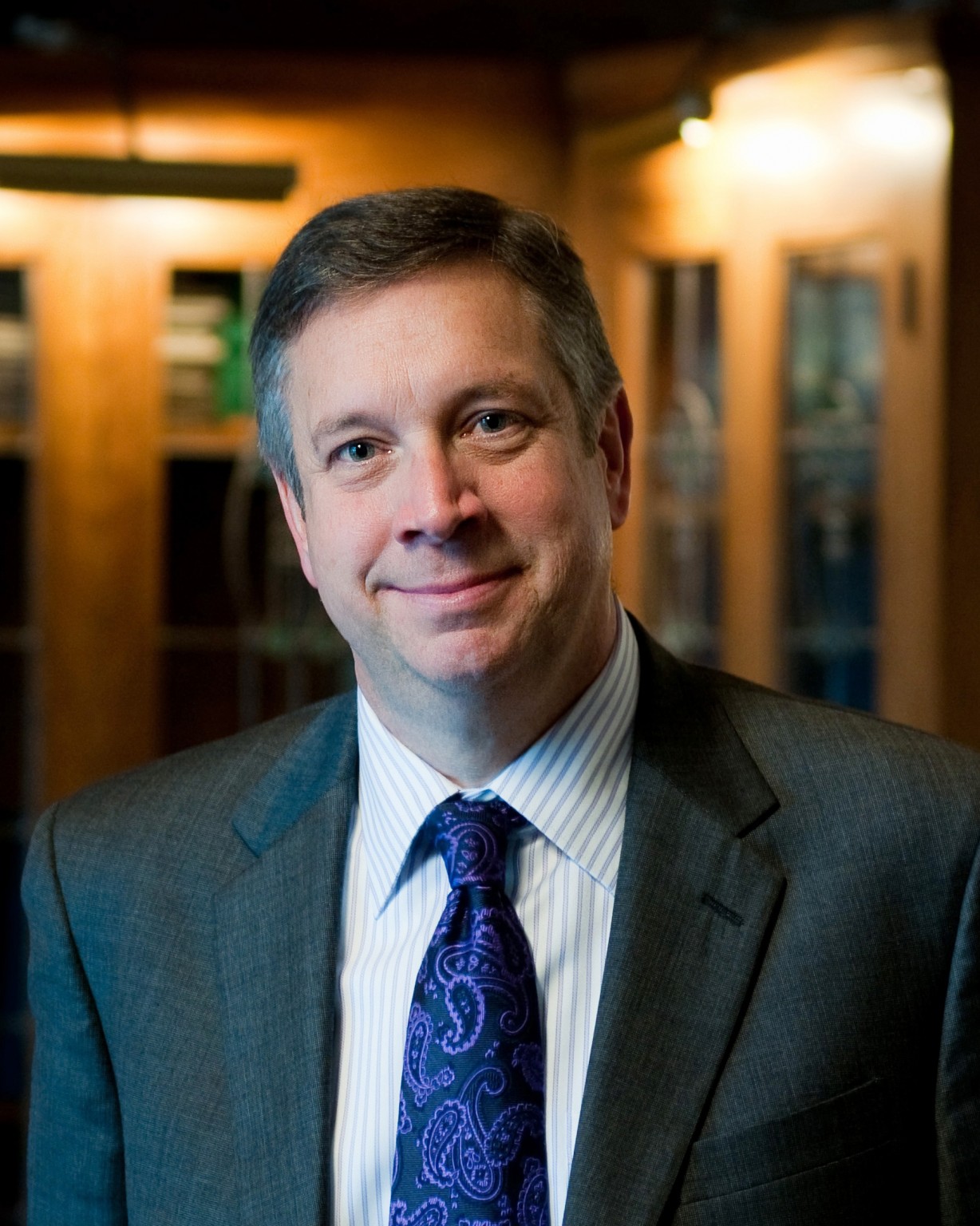- Home
- About Us
- The Team / Contact Us
- Books and Resources
- Privacy Policy
- Nonprofit Employer of Choice Award

 While there are many players in philanthropy, educational advancement trends will also resonate with other nonprofit sectors. Advancement has become more sophisticated as a profession, which has led to deeper relationships and a significant increase in major gifts. Those of us who work in education also have a front row seat to Millennials as donors and volunteers. Here are some education trends we are seeing at Canadian Council for the Advancement of Education (CCAE) that will apply to your work.
While there are many players in philanthropy, educational advancement trends will also resonate with other nonprofit sectors. Advancement has become more sophisticated as a profession, which has led to deeper relationships and a significant increase in major gifts. Those of us who work in education also have a front row seat to Millennials as donors and volunteers. Here are some education trends we are seeing at Canadian Council for the Advancement of Education (CCAE) that will apply to your work.
1. Alumni: So much more than “friends” - networks Twenty years ago, alumni relations tended to focus on “friend raising” events and programs - Homecoming, reunions, receptions - that linked alma mater with fun and fellowship.
Now, a significant percentage (30% or more) of post-secondary alumni are less than 10 years out from graduation. They seek opportunities to build a career, expand their networks, and serve the community and the world.
Added-value alumni programs start by listening and responding to alumni needs:
2. Technology + storytelling with heart = impact The dichotomy of high-tech versus high-touch no longer holds sway. Technology helps tailor authentic stories to specific audiences and brings these stories to life in a range of media.
A Fine Arts graduate receives an e-mail containing a video from a current arts student who expresses thanks for the donation that will help build a new studio. A major donor opens a customized report on a research Chair she funded; another receives a thank-you e-mail from a scholarship recipient who describes how post-secondary studies, made possible by financial aid, have opened new doors in life.
Social media powers “pop-up” campaigns such as McGill University’s, which reached 1.15 million people and raised $793,187 from 1,641 donors in a single day. McGill24 showcased 15 students who benefited from philanthropic support. Their stories were distilled into short video vignettes and shared on social platforms, asking alumni to donate. The results broke records for a one-day fundraising appeal and garnered broad news coverage.
Using multiple media creates layers of contact. Branksome Hall - a Toronto independent school - sent A Remarkable Holiday Greeting in December 2016 through several media: printed holiday cards, e-mail invitations and wider social media messages. Respondents accessed a link to “The Secret Life of Robots” - a humorous video that showed “Dash” robots (used by the school to teach programming) taking over campus during the holiday break. Respondents engaged with the humour and warmth. End-of-year donations increased significantly.
3. Sophisticated analytics help build affinity and giving Many schools have progressed from data analysis to predictive modeling. EA professionals can assess what alumni and donors value, their preferred communication paths, whom they influence (and vice versa), and the optimum moment to ask for their participation or donation.
A 360-degree view is now attainable through a blend of data on demographics, interests and affinities; social media activity; volunteer participation; and giving history. Modern analytics help schools understand individual needs, personalize messages, enhance relationships, build deeper engagement, and grow revenue.
Fundraising, donor relations and alumni relations work closely with advancement services - those who harness technology and build data mining capacity - to identify key data points that measure affinity. The ability to quantify engagement has made possible hugely successful campaigns, such as University of British Columbia’s start an evolution, which raised $1.624 billion from 61,400 donors, engaged 130,000 alumni and created 920 awards.
Advancing education advances society All non-profits seek to improve our world, whether through education, medical care, community service or global outreach. CCAE is proud to represent the profession of educational advancement as it grows ever more effective in building an affinity for education that helps strengthen society.
Watch for upcoming CCAE articles in Hilborn Charity eNews on how to reinvigorate special events, and case studies of two unique alumni programs that touched a deep chord with great results.
Jeff Todd serves as Executive Director of the 325,000-member alumni UBC and as Associate Vice President, Alumni at The University of British Columbia. He was co-director of the dual goal start an evolution campaign that raised over $1.6 billion and more than doubled annual alumni engagement. Jeff currently serves as President of the Canadian Council for the Advancement of Education (CCAE).